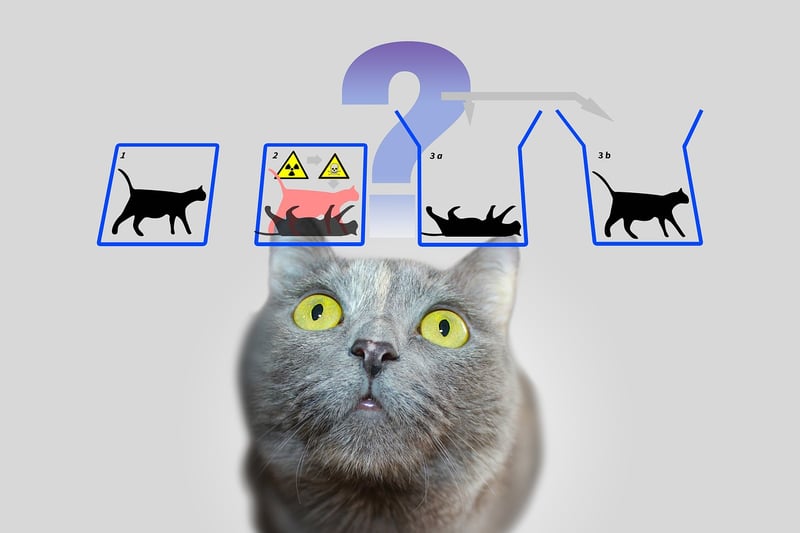Quantum Physics
The Fascinating World of Quantum Physics

Quantum physics, also known as quantum mechanics, is a branch of physics that deals with the behavior of particles at the smallest scales of energy levels. It explores the fundamental principles that govern the behavior of matter and energy on the atomic and subatomic levels.
Key Concepts in Quantum Physics
- Superposition: A fundamental principle where a particle can exist in multiple states simultaneously until it is measured.
- Entanglement: When two particles become connected in a way that the state of one particle is dependent on the state of the other, regardless of the distance between them.
- Quantum Tunneling: The phenomenon where particles can pass through energy barriers that would be impossible according to classical physics.
Applications of Quantum Physics
Quantum physics has led to the development of revolutionary technologies with practical applications in various fields:
- Quantum Computing: Utilizes quantum bits or qubits to perform calculations much faster than classical computers.
- Quantum Cryptography: Offers secure communication through quantum key distribution protocols that are impossible to intercept without detection.
- Quantum Sensing: Enables highly precise measurements in fields like imaging, navigation, and medical diagnostics.
Whether it's unlocking the potential for ultra-powerful computers or enhancing data security, quantum physics continues to push the boundaries of what is possible in the realm of science and technology.
Exploring the mysteries of the quantum world can lead to breakthroughs that shape the future of our technological landscape.

Embrace the wonders of quantum physics and delve into a realm where the rules of classical physics no longer apply!
For more information on quantum physics, visit Wikipedia's Quantum Physics page.
